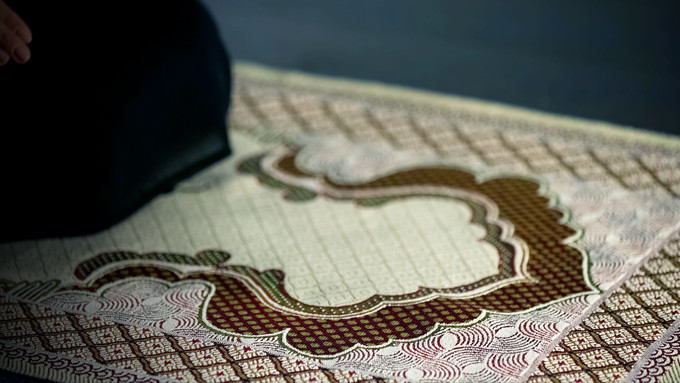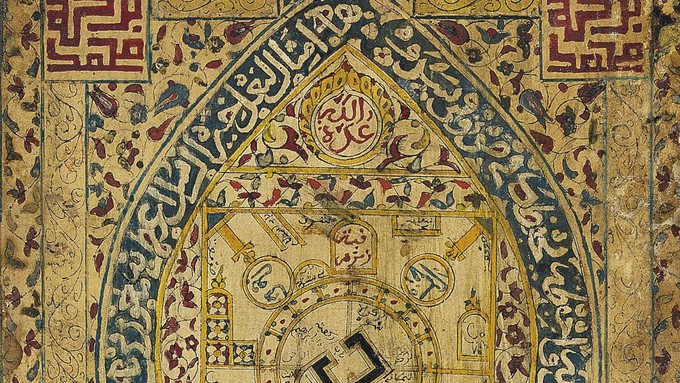Restoring Proper Meanings Back to Words and Discourses
Words have traditionally mattered to Muslims, not just in staying away from profanity and using the proper tone when using them but also the specificity of words used in any discourse. Terminology carries meaning, and the shapers of such attach definitions upon terms with intentions or worldviews behind them. Thus, all fields of knowledge have nomenclature which holds select value within them.
For instance, in the science of Usul al-Fiqh (foundations of Islamic jurisprudence), scholars start off by defining terms linguistically before discussing their operational usage within particular contexts before providing proofs from the Qur’an, Prophetic traditions and opinions of the imams of fiqh. The people of knowledge within this discipline are clear about their methodologies to the point of going into highly specific explanations of terms in order that those who will use them can have understanding when engaging them. In other words, meanings truly matter to them and should matter to us.
We reside in a time in which meanings are losing value. Ad campaigns by organizations and even some governments of Muslim majority countries now exist in which persons say single words without any real context or meaning as a form of persuasion. Even hip hop music —which was originally defined as having emcees using metaphors and lyrical flow as a form of exaggerated self-aggrandizement or storytelling — has devolved into the predominance of so-called mumble rap in which listeners groove to unintelligible verses.
Where this loss of meaning is perhaps most insidious is in how many politicians, activists and public speakers use phrases that lack truthfulness and/or contradict historical basis. Phrases such as “fake news” and “alternative facts” meaning propaganda and lies are perhaps more innocuous for us. There are terms, however, within movements that can cause us confusion about our deen and even how we see ourselves. One such example which I have heard before is “Our Prophet Muhammad (peace be upon him) was a feminist.” This is a problematic statement for more than one reason.
For one, Allah (Mighty and Sublime) and His Prophet secured rights for women long before there was the Western secular concept of feminism which came about less than 200 years ago. Our Prophet (prayers and peace be upon him and his family) is not defined nor constrained by secular notions of women’s rights. Rather if there are any truths within feminism in addressing the reality of the abuse of women in societies, it would be because this secular concept which has evolved over decades contains aspects that are congruent with what was divinely endowed to women. In other words, it is not appropriate for the former, meaning feminist, to define that which came before it — the Qur’an embodied in practice by Prophet Muhammad (prayers and peace be upon him and his family). It is an epistemology based in the Qur’an and Sunnah that should be used to restore and protect women’s rights rather than something contrived from European secular theory.
Another reason is that those who say such could falsely lead themselves and others to the conclusion that the Prophet (prayers and peace be upon him and his family) condoned what the generality of feminists who do not believe in the Qur’an call towards today. If patriarchy, another one of those terms that should be investigated, should be done away with, perhaps those who use this could postulate that aspects of the Prophet’s life can be dispensed with in the vein that aspects of it lack contemporary meaning. Of course, according to Usul al-Fiqh, secular based trends cannot abrogate the contemporary validity of matters within the Qur’an and Sunnah such as the need for women to have male custodians in certain situations such as when making Hajj, the obligation for men pay to women dowry for marriage, not vice versa, to the permissibility of polygyny for men, but not polygamy for women. That some men have misused or have not perfectly instituted the following does not negate what the Prophet (prayers and peace be upon him and his family) legislated and modeled for Muslims.
I strongly believe that it would serve all of us to take classes in Usul al-Fiqh, and for those of us who already have to review our lessons from our teachers. I also believe that we need to rethink the phrases and terms that we hear and/or deploy which we have learned within our socio-political environments. I am not saying that all words and phrases which are currently used within in our societies should be thrown in the dumpster; that would not be pragmatic nor possible. However, I know for a fact that our rich Islamic tradition gives us flexible parameters in which we can come up with our own common language and propagate instead of quickly embracing what others have come up with. We can be inspired by our faith along with our intellectual capacities to struggle to do this if we believe and have confidence that we can.
Part of the richness of Islamic civilization such as in Al-Andalus is that Muslims came into contact with Jews and Christians and developed discourses, poetry and architecture which respected the best of what they had while leading them to a heightened level of intellectual, rhetorical and social beauty. Muslims who valued meanings took Europe out of the Dark Ages. I see no reason why Muslims in the West today cannot plant the seeds for doing the same today. In order to do this, however, we must be more scrupulous with our words, and restore correctness to meanings where they have been skewed or lost.
Academic Related Articles


Taking the Prophet as Your Spiritual Guide: Celebrating and Passing into the Prophetic Reality
Indifference to the celebration of the Prophet ﷺ denies the community the opportunity to unite upon his character and spirituality, in the face of so much pressure to move away from him. What are the tried and true methods to bring the Prophet ﷺ into our daily lives?
